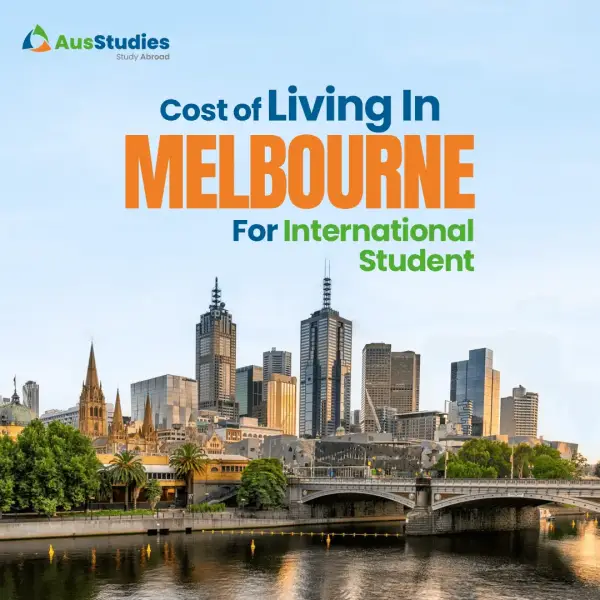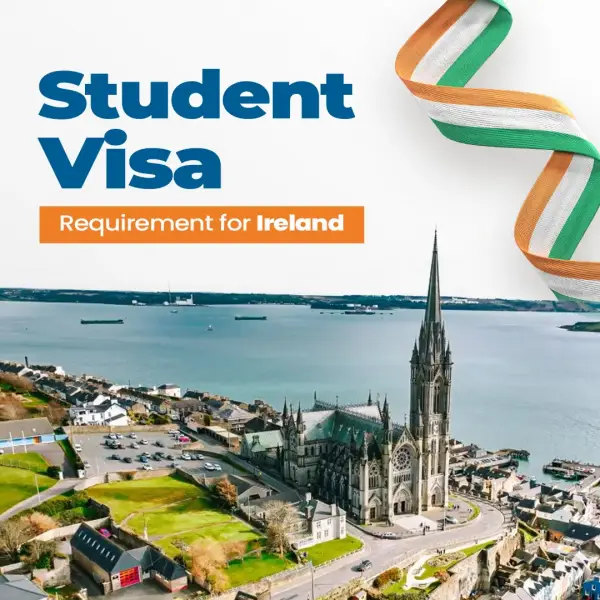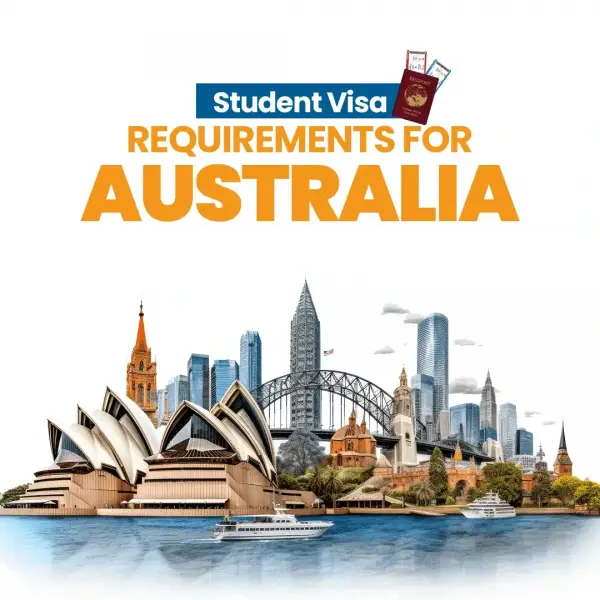Study in New Zealand from Nepal

Aus Studies is a consultancy in Nepal for New Zealand education assisting interested students in achieving their dreams of higher education.
New Zealand has been one of the most popular study abroad destinations for Nepalese and international students. The country has seen an increase in student enrollment, and for all the right reasons. Students are now actively considering New Zealand as a study abroad destination due to student-friendly legislation such as the post-study work permit, part-time work alternatives, easy admissions, and a pleasant environment.
Our team of professionals and certified counsellors advise prospective students regarding all facets of study in New Zealand from Nepal with full details, clarity, and transparency.
- Free Counselling Services
- Choosing the right college and course
- Financial Direction
- Comprehensive Services
- SOP Support
- Scholarships
- Visa Advice
- Travel and lodging
New Zealand Student Visa Requirement
To meet the New Zealand study visa requirement, students who want to study in New Zealand must know about the given points:
Academic Requirement
A positive profile for New Zealand study visa requires a good academic result in your last qualification.
Bachelor degree: To study Bachelor degree program in New Zealand, minimum 55% is required in +2.
Post graduate diploma: To study post-graduate diploma in New Zealand, minimum 50% is required in Bachelor degree.
Master degree: To study Master degree program in New Zealand, minimum 55% is required in Bachelor degree.
English Requirement
To apply for New Zealand study visa, students must have proof of English language proficiency. The students will need a minimum score in IELTS or PTE which is as such:
Bachelor degree: 6 overall and minimum 5.5 in each band or equivalent in PTE
Post-graduate diploma: 6 overall and minimum 6.0 in each band or equivalent in PTE
Master degree: 6.5 overall and minimum 6.0 in each band or equivalent in PTE
Gap Years
Students must have continued study or work between the time of their final qualification and the filing of their student visa application in order to have a positive student visa profile. If there is any justification for the gap year, it must be provided.
Financial Status
Students must have sufficient funds to pursue their studies in New Zealand in order to satisfy the New Zealand study visa criteria. They must have the necessary funds for tuition and living expenses for the whole length of the course they wish to study in New Zealand. The students must have money available for the first year, and they must submit documentation of their family's income and assets.
Student admission and visa process for New Zealand
Step 1: Make contact with us
Get our free counselling services to discover your options regarding studying in New Zealand, the availability of study programs and finding institutions.
Step 2: Gather documents
Once you've decided what and where you want to study, we'll assist you in completing the application process, communicating with the institution(s) on your behalf, and sending you notifications as your application progresses.
The documents needed for making an application to study in New Zealand for Nepalese students li>A copy of your passport and your birth certificate
- All academic records, including grade reports and certificates of completion
- English proficiency tests such as IELTS, PTE, and TOEFL
- Statement of purpose
- Letters of recommendation from college/employer (if applicable)
- A letter of employment experience (if applicable).
Step 3: Financial Planning
After submitting your application to your preferred institution, you will get a Letter of Acceptance.
Our expert counselor will guide you in detail to meet the financial criteria of Immigration New Zealand.
To meet the financial criteria, you must show sufficient funds that cover one year of tuition fees along with living expenses, health insurance, and travel costs. If your chosen program is more than a year, you must submit a covering letter stating how you will fund your studies for additional years.
Step 4: Undertake medical examinations
Students need to undergo health examinations as part of the visa application process. The health assessment process can take several weeks to complete. To help avoid delays, you can choose to have your health examination before lodging your visa application. Our career adviser assists you to confirm your appointment with the appointed panel doctor in Nepal.
A list of the approved panel doctors, click here
Step 5: Apply for the visa
To lodge your visa application, you will need to provide the documents as guided by the counsellor. We will lodge your visa application and notify you of the progress.
Step 6: Payment
After lodging your visa application, you may receive a call from the immigration officer. If the immigration officer satisfies your visa application, they will approve your visa in principle and ask you to pay tuition fees.
Once the institution has received your tuition fee payment, they will issue a letter of acceptance and a payment receipt. Then our expert counselor forwards your payment receipt to the concerned immigration officer for approval.
Step 7: Visa Outcome
We will notify you as soon as we know the outcome of your visa application so you can come in and collect your grant letter. In most cases, this will be a positive response, and it means you can also start planning your travel and accommodation!
Step 8: Travel Services
Aus Studies can help organize your travel arrangements so you can begin your new student life. Air ticketing, insurance, and foreign exchange can all be arranged through us to make studying overseas easier.
Part-time job for students in New Zealand
You may be allowed to work 20 hours a week and full time during all scheduled holidays including Christmas and new year holiday. There is no restriction on work for research and Ph.D. students.
Work right for a spouse
Student visa holders studying level 7 or 8 qualification which includes in a long-term skill shortage list or level 9 or 10 qualifications can apply for work in New Zealand.
Post-study work right in New Zealand
Upon completion of Bachelor / Master Degree, students can apply for post study work permit up to 3 years. Students can opt any employers to work in any locations. Their partner also can apply for work visa. This advantage will give students an opportunity to gain experience in chosen occupation. It may also give a pathway to get residency visa over time.
All the best!!!







